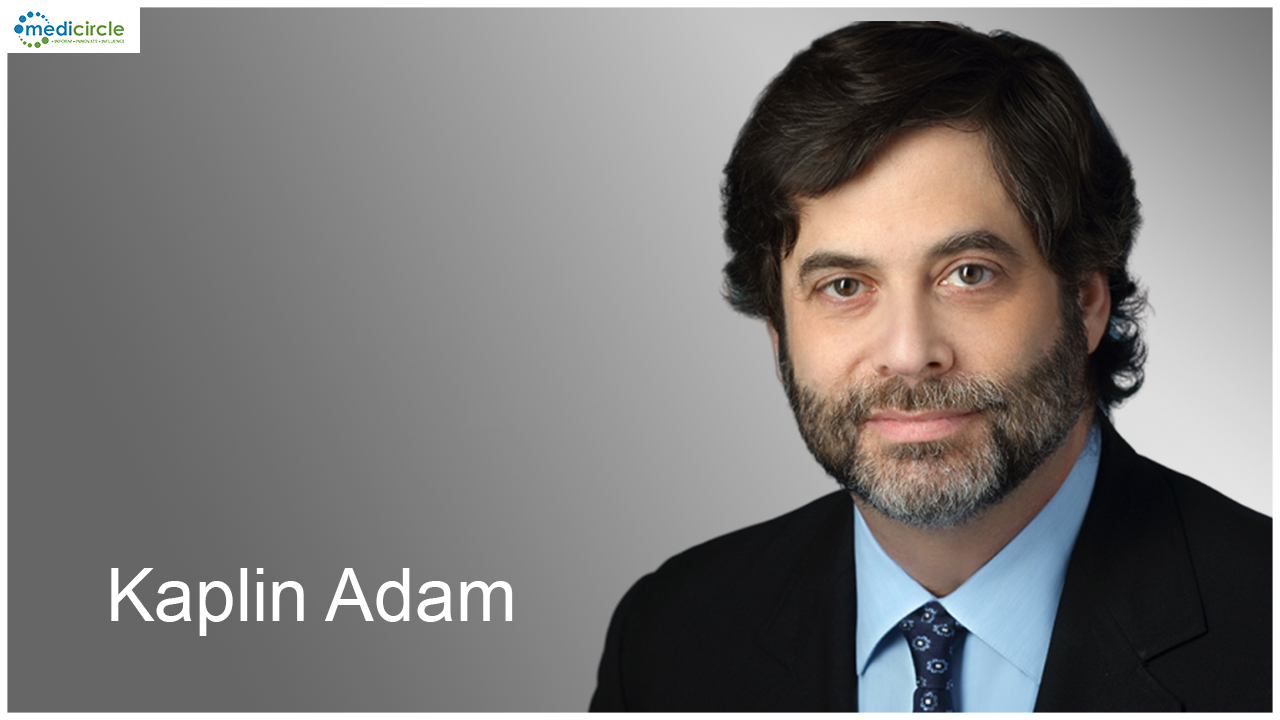One thing which is universally agreed in treatment of depression is we need drugs which works more quickly for effective treatment of the patient as present drugs take seven to 14 days to begin acting.
After three years of studying how the drug esketamine by psychiatry researcher Adam Kaplin they have arrived at a decision, that this form of ketamine can effectively control depression.
. “What’s really important about this drug,” he says, “is that it’s the first to work for treatment-resistant depression with immediate effect. It also appears to reduce suicidal ideation.”
Kaplin’s research, part of a multisite, international trial, investigated the biological basis of depression and usefulness of intranasal esketamine to treat it. Johns Hopkins will soon begin offering the FDA-approved intranasal treatment to patients with intractable depression in a supervised clinic setting (see sidebar).
Collectively, across all sites participating in the trial, the response rate was between 53% and 69% during the first month of treatment.
The reason esketamine is so effective, explains Kaplin, is that it’s delivered not only through a different receptor, but via an ion channel — a much faster route to deliver a signal down the neuron highway of the brain. “It targets dozens of brain connections at once, not just one, and manipulates the neurotransmitter glutamate, which many neurons in the brain use to communicate with each other.”

 A new nasal spray for treating depression
A new nasal spray for treating depression









.jpeg)


.jpeg)



.jpeg)
.jpeg)






.jpeg)





